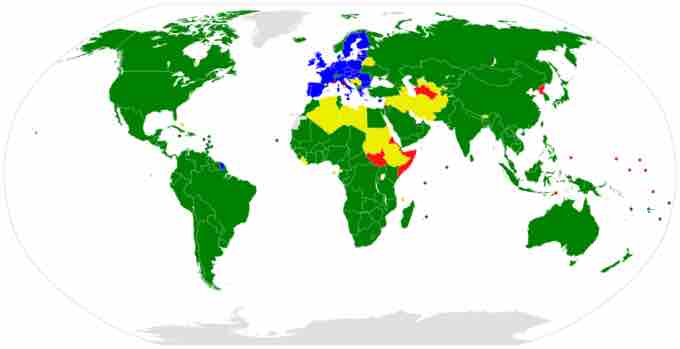U.S. companies, farmers, ranchers, and manufacturers increasingly encounter non-tariff trade barriers in the form of product standards, testing requirements, and other technical requirements as they seek to sell products and services around the world. As tariff barriers to industrial and agricultural trade have fallen, standards-related measures of this kind have emerged as a key concern. Governments, market participants, and other entities can use standards-related measures as an effective and efficient means of achieving legitimate commercial and policy objectives. But when standards-related measures are outdated, overly burdensome, discriminatory, or otherwise inappropriate, these measures can reduce competition, stifle innovation, and create unnecessary technical barriers to trade. These kinds of measures can pose a particular problem for small- and medium-sized enterprises (SMEs), which often do not have the resources to address these problems on their own. Significant foreign trade barriers in the form of product standards, technical regulations and testing, certification, and other procedures are involved in determining whether or not products conform to standards and technical regulations.
These standards-related trade measures, known in World Trade Organization (WTO) parlance as "technical barriers to trade," play a critical role in shaping the flow of global trade. Standards-related measures serve an important function in facilitating global trade, including by enabling greater access to international markets by SMEs. Standards-related measures also enable governments to pursue legitimate objectives, such as protecting human health and the environment and preventing deceptive practices. But standards-related measures that are non-transparent, discriminatory, or otherwise unwarranted can act as significant barriers to U.S. trade. These kinds of measures can pose a particular problem for SMEs, which often do not have the resources to address these problems on their own.

Members of the World Trade Organization
Most countries are now part of the World Trade Organization. Those that are not are concentrated in northeast Africa, Oceania, and the Middle East. The European Union is its own bloc within the W.T.O.